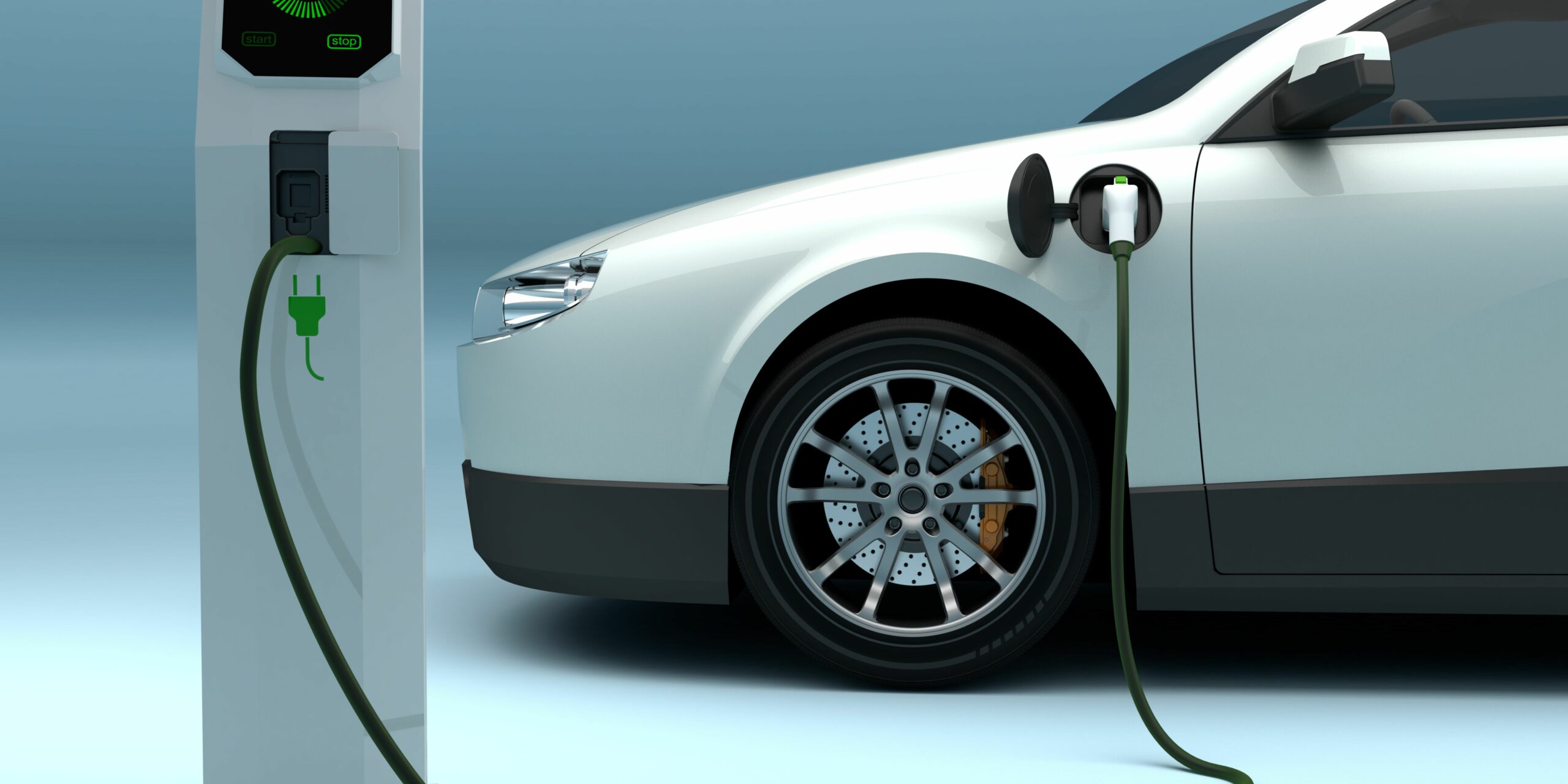Europe Launches Investigation into China’s Electric Car Subsidies as Imports Surge
As the demand for electric vehicles (EVs) continues to rise globally, an investigation has been launched by the European Union (EU) into China’s state support for its electric car manufacturers. The surge in imports of Chinese electric cars has raised concerns for the future of European auto manufacturers. The investigation aims to address the issue of artificially low prices fueled by substantial state subsidies, which have flooded global markets with cheaper electric cars. Let’s delve deeper into the details of this investigation and its implications for the European and Chinese EV industries.
Overview:
European Commission President, Ursula von der Leyen, announced the launch of an anti-subsidy investigation into electric vehicles coming from China during a speech at the European Parliament. While Europe welcomes competition, von der Leyen emphasized that it is not willing to engage in a race to the bottom. The investigation comes as European manufacturers face increasing pressure from the growing market share of Chinese EVs, driven by lower prices and significant state support.
The European Union applies a duty of 10% on cars imported from China, which is significantly lower than the duty of 27.5% in the United States. Consequently, Chinese manufacturers have established a strong foothold in the European market. Recent data from the China Passenger Car Association reveals that Chinese companies exported nearly 350,000 EVs to nine European countries in the first half of the year, surpassing the total exports of 2022. Over the past five years, EU imports of Chinese cars have quadrupled, and market analysts predict that by 2030, Chinese carmakers could double their global market share from 17% to 33%.
Implications and Response:
The investigation being conducted by the European Commission could potentially result in the imposition of tariffs on Chinese EV imports. This announcement led to a decline in the stocks of China’s leading EV companies listed in Hong Kong, including BYD (-2.8%), Xpeng (-2.5%), and Nio (-0.9%). The Chinese Commerce Ministry expressed “high concern and strong dissatisfaction” with the investigation, labeling it a protectionist act that would disrupt the global automotive industry chain and have negative implications for China-EU economic and trade relations.
European automakers, especially in Germany, where renowned brands like Volkswagen, Audi, BMW, and Mercedes are based, have been alarmed by the threat posed by Chinese EVs. Chinese electric cars are approximately 30% cheaper than their European or US equivalents, making them highly competitive. Industry executives such as BMW CEO Oliver Zipse and Renault CEO Luca de Meo have raised concerns that the EU’s ban on new conventional vehicles from 2035, combined with the growing competition from China’s technologically advanced EVs, could negatively impact the production of mass-market cars in Europe.
With the EU launching an investigation into China’s electric car subsidies, it aims to address the issue of unfair competition and protect the interests of European automakers. The investigation could lead to the imposition of tariffs on Chinese EV imports and seeks to ensure a level playing field in the global EV market. The outcome of this investigation has significant implications for both the European and Chinese EV industries, potentially shaping the future landscape of the electric car market.
Source: https://edition.cnn.com/2023/09/13/cars/europe-china-electric-car-subsidies/index.html

International Logistics
If you’ve ever considered expanding your expertise in the dynamic field of logistics and supply chain management, now is the perfect time to take the plunge. Sign up now for an upcoming course:







